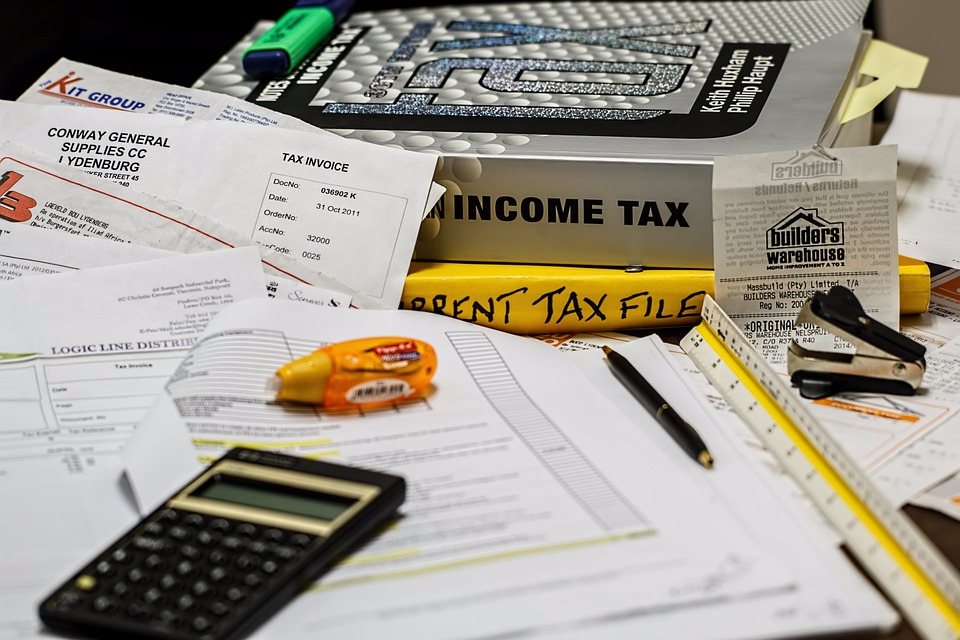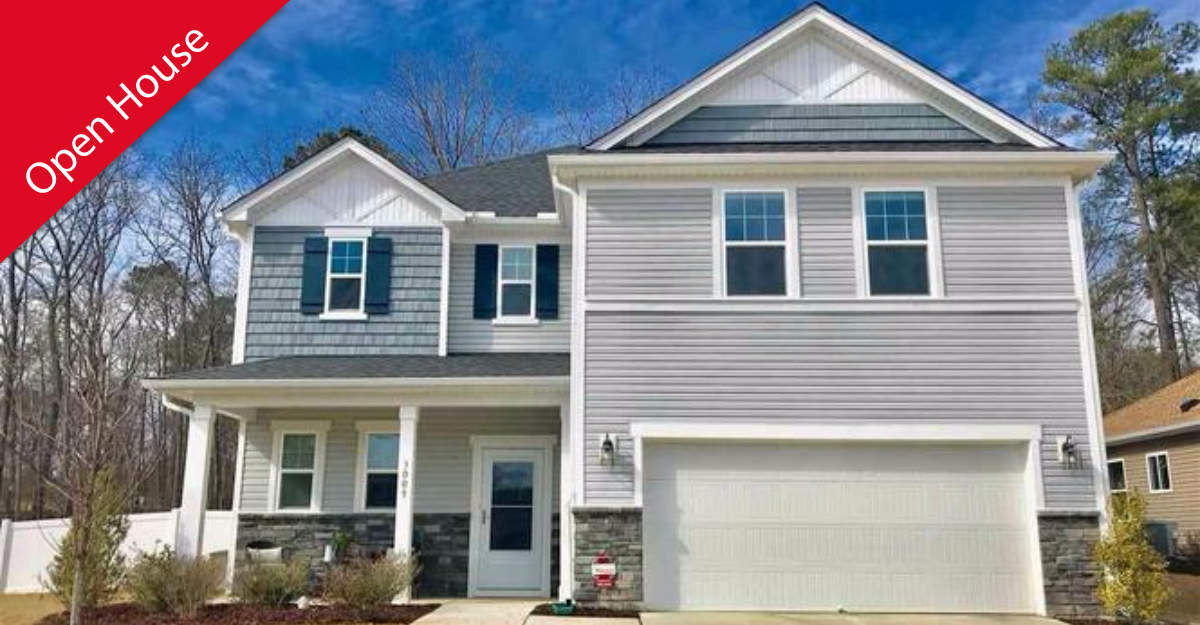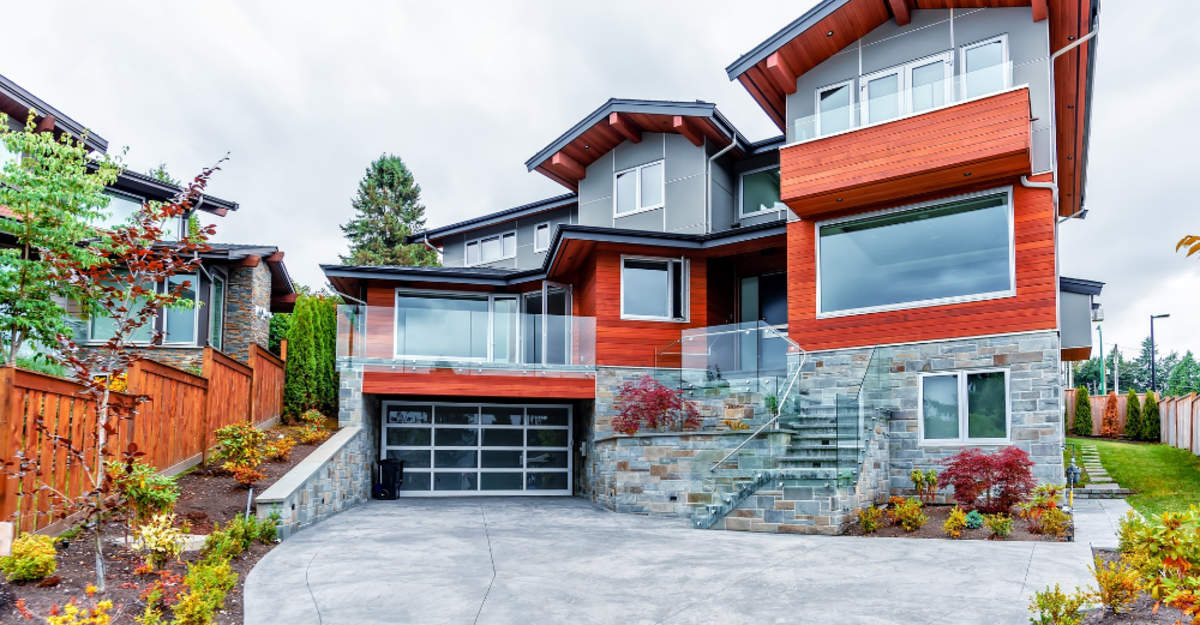4 hidden costs of being a landlord
The following are four hidden expenses experts say new landlords should consider.
Increased insurance costs
Rental homes may cost more to insure and homeowners who cannot sell their homes should be aware that renting out the home changes the owner’s status from primary occupant to “investor. As a result, it costs more money to insure the home with a special landlord insurance policy. According to the Insurance Information Institute, the premium is about 25 percent more than with typical homeowners insurance.
Legal fees and administrative charges
Landlords should budget money for getting legal advice, learning their rights and drafting rental agreements. Owners also be prepared to pay for additional work if a tenant needs to be evicted. In addition, landlords will have to pay for administrative costs related to interviewing potential tenants, running their credit histories and checking references.
Many municipalities require to register rental homes and make them available for examination to make sure the property is up to code. If there is a defect, the owner will have to pay to fix the problems. To add up some municipalities ask new landlords to attend day-long training classes that cover topics such as how to find good tenants, best practices in property management, and how to spot and report potential illegal activity.
Cleaning, care and maintenance costs
To attract tenants, landlords may have to spend on paint, carpet and landscaping, otherwise, it might be difficult to find a reliable tenant. When a tenant does move in, the landlord may be contractually obligated to fix new maintenance issues. Once the tenant moves out, the landlord will need to spend more money to clean up the home for the next resident. Owners can require a security deposit to help cover certain cleanup costs, but it won’t pay for everything if the tenant stops paying rent early or badly trashes the house.
Increased taxes
New landlords should be aware that they may have a higher tax burden on their investment property. This issue is especially pertinent to homeowners who turn a primary home into a rental because will probably have to give up the homestead exemption if moves out of a property while continuing to own it.


















Leave a reply
Your email address will not be published. Required fields are marked *